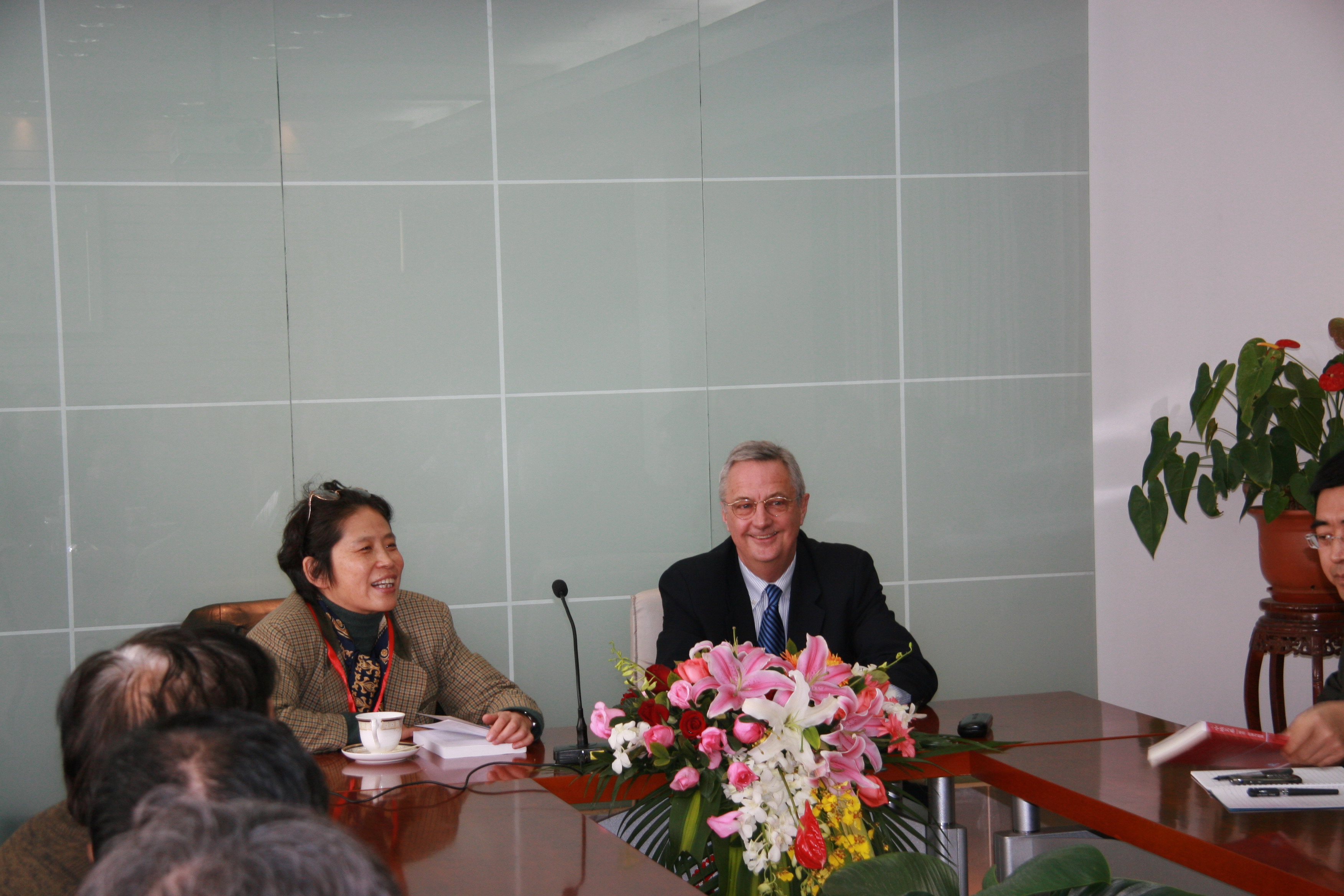David Shambaugh on China-Europe Relations
On 15 April, 2010, Professor David Shambaugh gave a lecture “China-Europe Relations & Prospects: An American Perspective. Professor Shambaugh is an old friend of the
Professor Shambaugh began his lecture with a historical review of China-European interactions during the 19th and early 20th century, arguing that there had been an “ambivalent relationship” for both sides. For
Throughout the Cold War, Professor Shambaugh described the “derivative relationship” China and Europe had with each other for more than four decades—the relationship derived largely from each side’s relations with Washington and Moscow. Thus, Professor Shambaugh argued that
Professor Shambaugh outlined the different components of the European strategy and policy towards
Since 1996, however, Professor Shambaugh described how China-EU relations have soured (for a number of reasons) and they remain strained today. Professor Shambaugh observed that while there remain inter-governmental issues to resolve, the biggest challenge to China-Europe relations comes at the societal level. This is particularly so in Europe, where European publics hold rather negative views of
- Back _articles: Cao Hui on EU’s Foreign Policy Formation
- Next _articles: Jiang Shixue: China and G20
